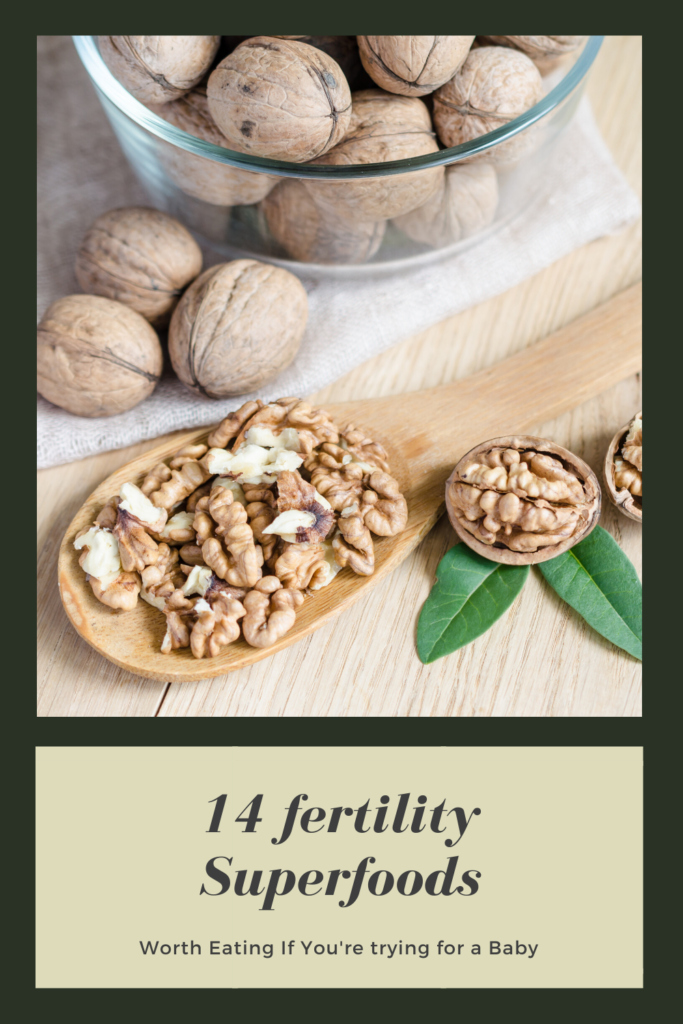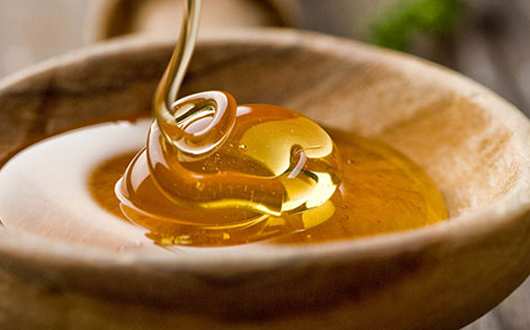
Infertility can leave a person feeling lost and alone, confused as to why their body is working against them.
There is a lot of information on infertility available, but some of it is confusing and contradictory. When some people think about fertility treatments, they often think of invasive procedures and expensive medications.
While that’s definitely one aspect of infertility treatment, you can also choose a more holistic approach with what superfoods you eat.
Holistic, or alternative or complementary medicine has become a powerful force recently in this country, even though it has its roots in the Asian cultures, especially as it pertains to fertility.
The holistic approach has evolved as more and more couples become frustrated by a purely medical/scientific and technologically based approach to their conception issues.
Conventional methods are often invasive and embarrassing, and can lead to a lack of spontaneity and pleasure that is usually associated with having a baby. To this end, more and more research has been done on the effects of various foods and nutrition in general on women’s ovulation and men’s sperm health and motility.
Some researchers are now suggesting specific foods to aid naturally in conception, both on the male and female side. Although sometimes it sounds like hocus pocus, especially in a society that prides itself on sophistication and cutting-edge scientific progress, more and more people are at least giving these alternative methods a try. They’re good for you and there’s no harm in trying.
Nutritional boosts to fertility may be successful on several levels. They may help balance and support the endocrine system, which is responsible for the reproductive hormones and egg and sperm production. Some may help balance estrogen and progesterone levels while also reducing the effects of stress on the body.
Some, such as polyunsaturated fatty acids, may help with sperm motility and mobility in men. These fatty acids are considered the building blocks for sex hormones. Others may lower insulin and testosterone levels in the woman, resulting in enhanced ovulation.
Buckwheat
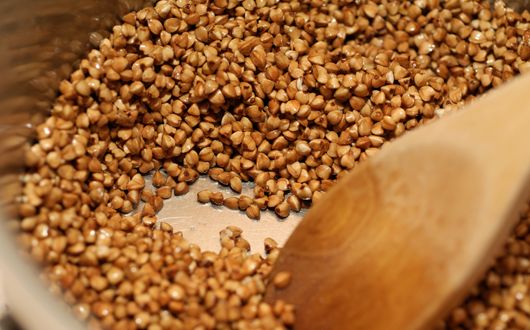
Buckwheat, although technically a seed, can be eaten as a grain, for example in breads, rolls or pancakes. Buckwheat contains rutin, which can strengthen the body’s capillary walls, which is thought to enhance ovulation by enhancing circulation so that a woman can better support a pregnancy. Buckwheat also helps regulate insulin “signals” in the body, which can aid women with type 2 diabetes and PCOS (polycystic ovarian syndrome). Try eating ¼ cup of buckwheat 3 times per week.
Sunflower and Pumpkin Seeds
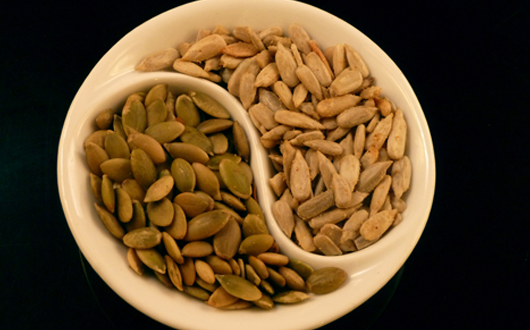
These seeds are beneficial in general for health with their abundance of fatty acids, fiber, zinc and essential minerals. A really interesting concept is “seed cycling.” Seed cycling works by utilizing lignans, which are found in the hulls of the seeds. The seeds also contain essential fatty acids (EFAs) which are “building blocks” for sex hormones. Seed cycling involves eating the seeds, either pumpkin or sunflower, at certain times during the menstrual cycle. It is believed that the pumpkin seeds help support the segment of the cycle when estrogen is dominant and sunflower seeds support the progesterone-heavy segment. It is easy to find articles on seed cycling to give suggestions about amounts and exactly when to consume each type.
In general, a woman would follow a schedule something like this:
- Days 1-14 of the menstrual cycle: consume 1 to 2 Tbsp. daily of ground pumpkin seeds to support estrogen, which is a vital component to the first part of the cycle.
- Days 15-28 of the menstrual cycle: consume 1 to 2 Tbsp. daily of ground sunflower seeds to support progesterone, which is vital after ovulation.
Walnuts
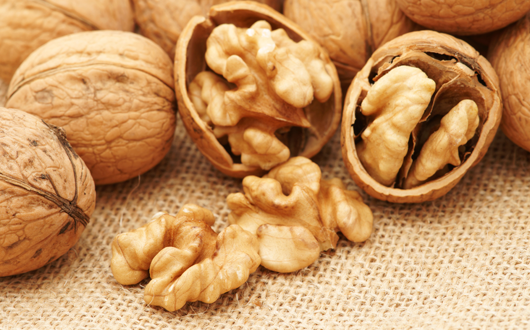
Another nut helpful for the male is the common walnut. Research printed in the journal “Biology of Reproduction” studied effects of polyunsaturated fatty acids on sperm health in 117 healthy males ranging from ages 21 to 35. The men who ate 75 g of omega-3 walnuts (around 2/3 cup) had improved sperm motility, vitality, and morphology. It goes without saying that improving diet and health in any way is likely to have a positive effect on fertility as well.
Salmon

While many women feel uncomfortable eating seafood when trying to conceive, seafood such as salmon can help boost fertility. Salmon is an excellent source of healthy fats, the polyunsaturated kind, as well as omega-3 and omega-6 fatty acids. These substances boost blood flow and regulate hormones. They may even serve to reduce stress. Salmon, sardines and herring are good sources, but if one has an aversion to fish or seafood, other alternatives are flax seed or the above-mentioned walnuts. Omega oils can also be taken in supplement form, found over the counter in vitamin shops or drugstores.
Oysters
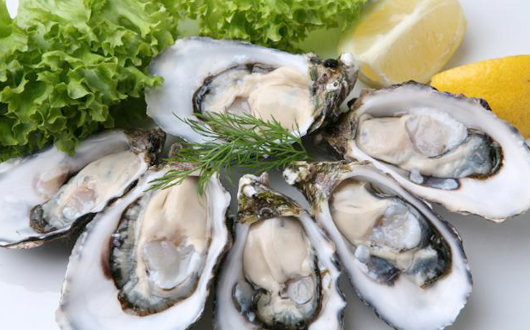
Oysters have been long thought of as an aphrodisiac, but they also contain a substantial source of zinc which is thought to be important to the regularity of a woman’s cycle. In fact, women who are deficient in zinc can have a disrupted menstrual cycle and slower egg production. If you aren’t a fan of oysters, consider other zinc filled foods like lean meats, dairy, and whole grains.
Broccoli
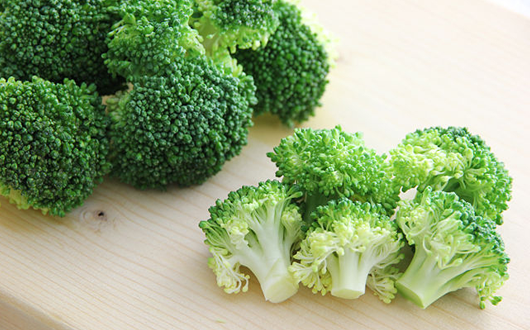
Broccoli is a superfood that has a cleansing effect on the body, ridding it of harmful or toxic substances in conjunction with the liver. Detoxing is especially vital for the thyroid, which when underactive contributes to a loss in fertility and ability to conceive. Broccoli is high in vitamin C, vitamin B, vitamin K, iron, calcium, and zinc.
And for men the benefits go a step further – older men who eat foods such as broccoli which are high in anti-oxidants have no more damage to sperm DNA than younger men, or 20% less compared with men the same age who do not have a diet rich in these antioxidants, according to a study in Fertility and Sterility. The study also indicates the men had a higher diet of antioxidants, like vitamin C, vitamin E, and zinc.
Maca Root
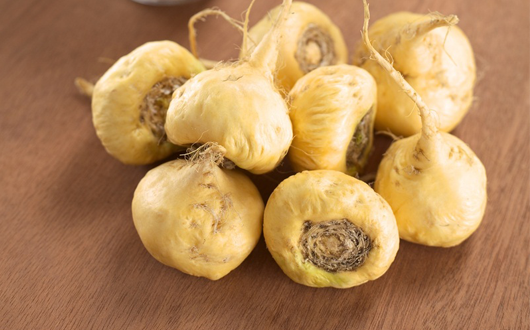
Maca root is an ancient food found in Peru and used by native peoples for centuries to boost energy and fertility. It is believed to help balance the endocrine system (mentioned above as important in sex hormone regulation). It contains no estrogen or progesterone but supports the systems that do. This root is considered an “adaptogen,” or substance that helps the body fight off the damaging effects of stress and/or restore normal physiologic function. Try making a fertility maca smoothie.
Royal Jelly

A substance or supplement one may not think of in this field is “royal jelly,” the food that is eaten by the queen bee. The queen bee produces a lot of eggs and outlives the average bee. Royal jelly certainly contains many nutrients and vitamins but is thought to be useful especially in increasing estrogen output and aiding in improving the uterine lining. Like broccoli for older men, royal jelly is suggested for older women who are trying to conceive.
Avocado

Avocados are high in monounsaturated fat, which can aid in fertility. In fact, one study showed that IVF patients had 3 times more success than couples who didn’t consume as many monounsaturated fats. Avocados are also high in folic acid, which can help reduce the risk of spinal defects.
Eggs

Eggs are high in vitamin D and B6 (or pyridoxine). Both of these can aid in the body’s production of progesterone, which is vital in achieving pregnancy. Poached eggs have the best nutritional value.
Cinnamon
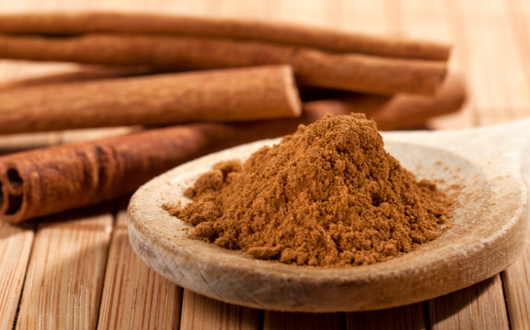
Cinnamon is not only good for its antibacterial and digestive properties. Cinnamon makes the body’s fat cells more responsive to insulin. While this is good news for diabetics, it is also optimal for anyone’s ovulation rates. Try adding a stick of cinnamon to hot water to make a tea. You can also use ground cinnamon in oatmeal and other desserts.
Wild Yams
Did you know that twins tend to be more common in cultures that eat more wild yams? Some experts believe that yams can help stimulate ovulation. Being one of the healthiest veggies out there is another reason any woman trying to conceive should give them a try. Don’t just wait until Thanksgiving. Try adding some mashed yams as a side in place of regular mashed potatoes. You can also slice them and cook them with a little bit of brown sugar.
Ice Cream

Believe it or not, one study in the magazine Human Reproduction indicated that full-fat dairy can actually increase a woman’s chance of ovulating. The study indicated that women who had a scoop of full-fat ice cream at least two times per week had a 38% lower risk of an ovulatory (not ovulating) infertility compared with women who didn’t eat it as often or only ate low fat dairy.
What NOT to Eat When Trying to Conceive
An ancillary component of this is that good nutrition and health in general is conducive to reproductive health. It is important also to remember that some foods and substances should be avoided; specifically, caffeine, which restricts blood flow and alcohol, which is actually dangerous to a developing fetus and to the mother herself in large amounts.
In summary, many are finding their gaze turning towards the East (as in Eastern medicine and philosophies) rather than the West (more scientific and empirically based knowledge) when it comes to tackling the issue of reduced fertility and conception. This includes looking at certain foods and nutritional elements as important factors in helping men and women conceive and bear a healthy child.
Enjoyed 14 Fertility Superfoods to Add to Your Menu? Share it with your friends so they too can follow the Superfoodsliving journey.
Share on Pinterest
